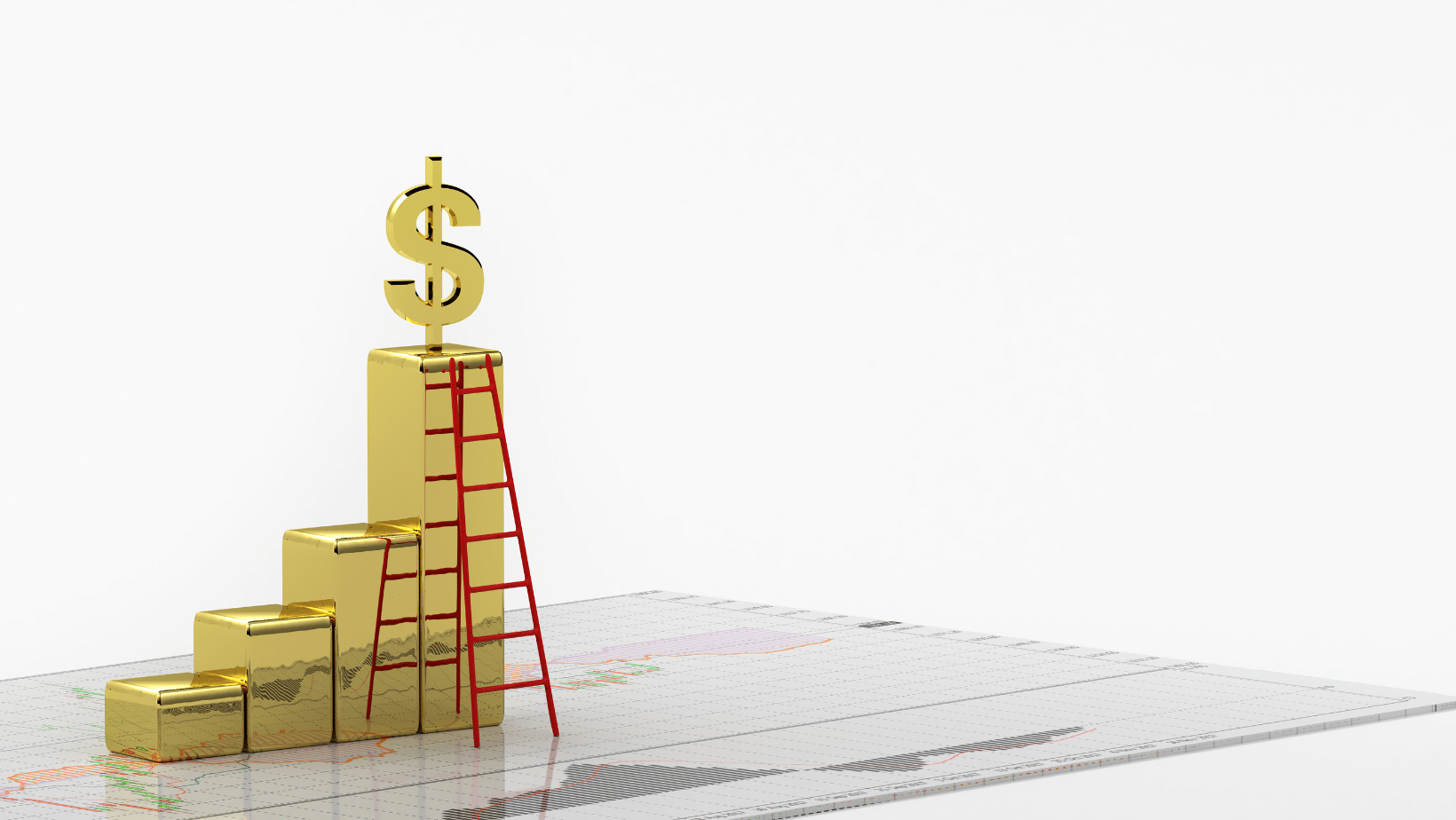Are You Having Trouble Saving Money In This Environment?

As the economy continues to adjust to this higher interest rate environment with future uncertainty on what the Federal Reserve will continue to do with hiking interest rates to combat high inflation, many individuals are too feeling an adjustment. We have been finding that many clients and prospects are needing to adjust and revisit their budgets in this environment, and pay closer attention to the amount of cash they have on hand. Do you feel this way too? Are you keeping a closer eye on your spending? Have your spending habits changed or are you feeling the impact of higher prices? Let’s take a look at how Americans are feeling about their costs and spending.
According to a survey from the Certified Financial Planner Board of Standards, “63 percent of Americans are concerned with purchasing necessities such as food, their job security (56 percent), paying their rent or mortgage (55 percent), saving money (82 percent), and the national economy (82 percent).” It’s clear that this higher cost of living is having an impact on the consumer. In fact, credit card balances are at an all time high while American’s emergency savings accounts are dwindling. According to a survey by MagnifyMoney, “Nearly 1 in 5 Americans admit they saved no money at all in 2021. While these stats are not meant to cause anxiety or stress, noting where the economy is a great reason to discuss intentional spending.
Intentional spending and frequent check-ins on your financial plan and budget is crucial, especially in this environment. Whether you had a financial plan created for you years ago or just a few months ago, it’s extremely important to check in with your plan and budget often to ensure it still works for you.
When you are intentional about your spending, you separate your wants versus your needs as well as your short and long term goals, creating buckets to achieve your different wishes. We find that many individuals don’t sit down to create a realistic budget and end up spending more than they bring in, resulting in negative cash flows and added financial stress. Along with intentional spending, finding an amount that you are comfortable with to sock away each month is a great way to stay responsible and build up your emergency fund. We just wrote a blog about the importance of a mid-year financial check-in which is a great opportunity to re-visit your spending, budget, cash flows, and savings strategy.
The survey also found that “younger Americans were also more likely to make decisions that could impact them negatively long term, as investors under 45 were more likely to delay credit card payments (29 percent versus 17 percent) and delay loan payments (25 percent versus 16 percent).” We know that financial planning might not always be top of mind for you, especially if you are a young professional just starting out, but setting up a financial plan from a young age and making these financial tasks a priority can be extremely beneficial to your financial future. Delaying loan and credit card payments can be a very slippery slope and get far away from you quickly if not handled appropriately, so make sure you create a plan and budget that works for you to avoid getting yourself into a sticky situation.
We know that financial planning can seem scary or overwhelming which is why here at Sherman Wealth make financial planning simplified. We take overwhelming topics and make them easily understandable for our clients to ensure we educate and help them every step of the way on their financial journey. If you have any questions and want to revisit your financial plan or spending habits, email us at info@shermanwealth.com or schedule a complimentary 30-minute call here.
